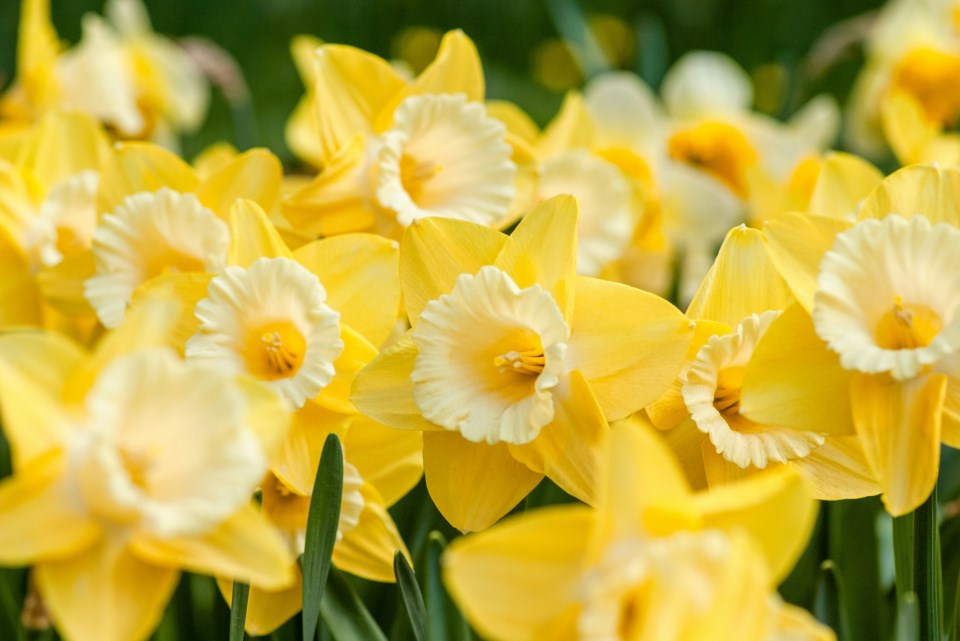It can be a scary world out there for pets. Trouble is, we may not know that many of the dangers lurking in a seemingly safe place like the back yard are even a problem.
As you plan your garden this spring, here are some plants to avoid if you have cats or dogs.
- Lilies: The entire lily plant is toxic to cats, with potential kidney failure if ingested.
- Tulips and daffodils: The bulbs of these first-in-the-season favourites contain toxins that can cause vomiting, diarrhea, and even cardiac problems in pets.
- Azaleas and rhododendrons: These often-magnificent shrubs contain toxins that can cause vomiting, diarrhea, and potentially more severe symptoms if ingested in large amounts. (Plus, as we learned the hard way, following instructions and planting them with bone meal can prove too much a temptation to power-snouted pups who go digging up just-planted shrubs to find the source of the meaty aroma.)
- Oleander: Oleander contains cardiac glycosides that can be fatal to pets. Symptoms include vomiting, diarrhea and cardiac abnormalities.
- Autumn crocus: This plant contains toxins that can cause gastrointestinal symptoms and organ damage.
- Dieffenbachia: Also known as dumb cane, this plant contains oxalate crystals that can cause oral irritation, drooling, and difficulty swallowing if chewed.
- Philodendron: Contains calcium oxalate crystals like dieffenbachia.
- Aloe vera: This is a surprise! While aloe vera has medicinal properties that are good for humans, it can cause vomiting, diarrhea, and tremors if ingested by pets.
Your plant nursery professionals can advise on toxicity to pets. Get them to do a scan of your purchase before you get to the front of the line. When in doubt, do a Google search or call your vet. Better safe than sorry!



